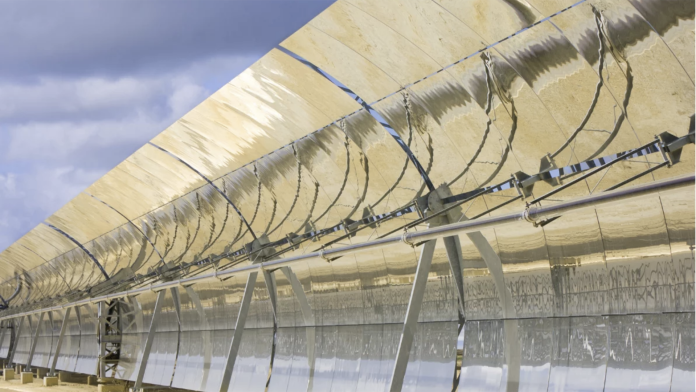A University of Surrey project has been granted £1.1m to innovate cutting-edge solar-thermal devices.
Awarded via the Engineering and Physical Sciences Research Council (EPSRC), the project aims to advance solar-thermal devices to optimise the capture of solar energy.
Solar-thermal devices will be key to unlocking the energy transition and have the potential to transform how we heat our homes and generate large-scale power.
The project will be spearheaded by the University of Surrey in collaboration with the Universities of Bristol and Northumbria.
The universities’ combined expertise in photonics, advanced materials, applied electromagnetics, and industry-leading nanofabrication facilities will be key to the project’s success.
Professor Marian Florescu, Principal Investigator from the University of Surrey, explained the significance of the project: “Our project is not just about innovating; it’s about responding to a global necessity.
“The sun showers us with a tremendous amount of energy every day, far more than we currently capture.
“By developing these advanced solar-absorbing surfaces, we are opening up new, efficient ways to harness this abundant solar energy.
“Our goal is to transform how we use sunlight, making it a powerhouse for clean and sustainable energy that meets our growing needs without harming the planet.”
How do solar-thermal devices work?
The primary objective of the project is to develop innovative surface designs capable of selectively absorbing sunlight while effectively emitting heat in the form of near-infrared radiation.
Distinguishing itself from traditional solar cells that predominantly convert sunlight into electricity, these devices belong to the realm of solar-thermal technology.
Unlike their photovoltaic counterparts, solar-thermal devices harness sunlight to generate heat, which can subsequently power mechanical engines or undergo conversion into electricity.
This dual functionality not only broadens the applications of solar energy but also holds promise for enhancing overall energy efficiency and sustainability.
Professor Marin Cryan, Co-Principal Investigator from the University of Bristol, added: “The University of Bristol has been developing thermionic solar cell technology for a number of years.
“These use concentrated sunlight to heat materials to the point where thermionic emission of electrons occurs, which can form the basis of high-efficiency, low-cost solar cells.
“This exciting project will develop very efficient solar selective absorbers, which will be an important component of the overall cell design.”
Project targets
The project encompasses several aims. Firstly, it seeks to pioneer the development of solar absorbers capable of operating effectively even under extreme temperatures.
Secondly, the team endeavours to enhance the efficiency of its innovative solar-absorbing structures. This involves constructing prototype models to showcase their efficacy.
Additionally, the project aims to deepen understanding of how these solar-thermal devices manage and function in response to the heat generated by sunlight, with the ultimate goal of refining their performance.









